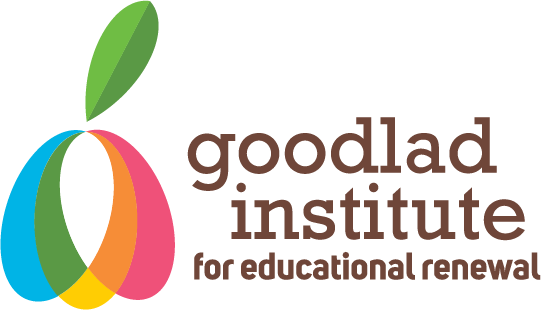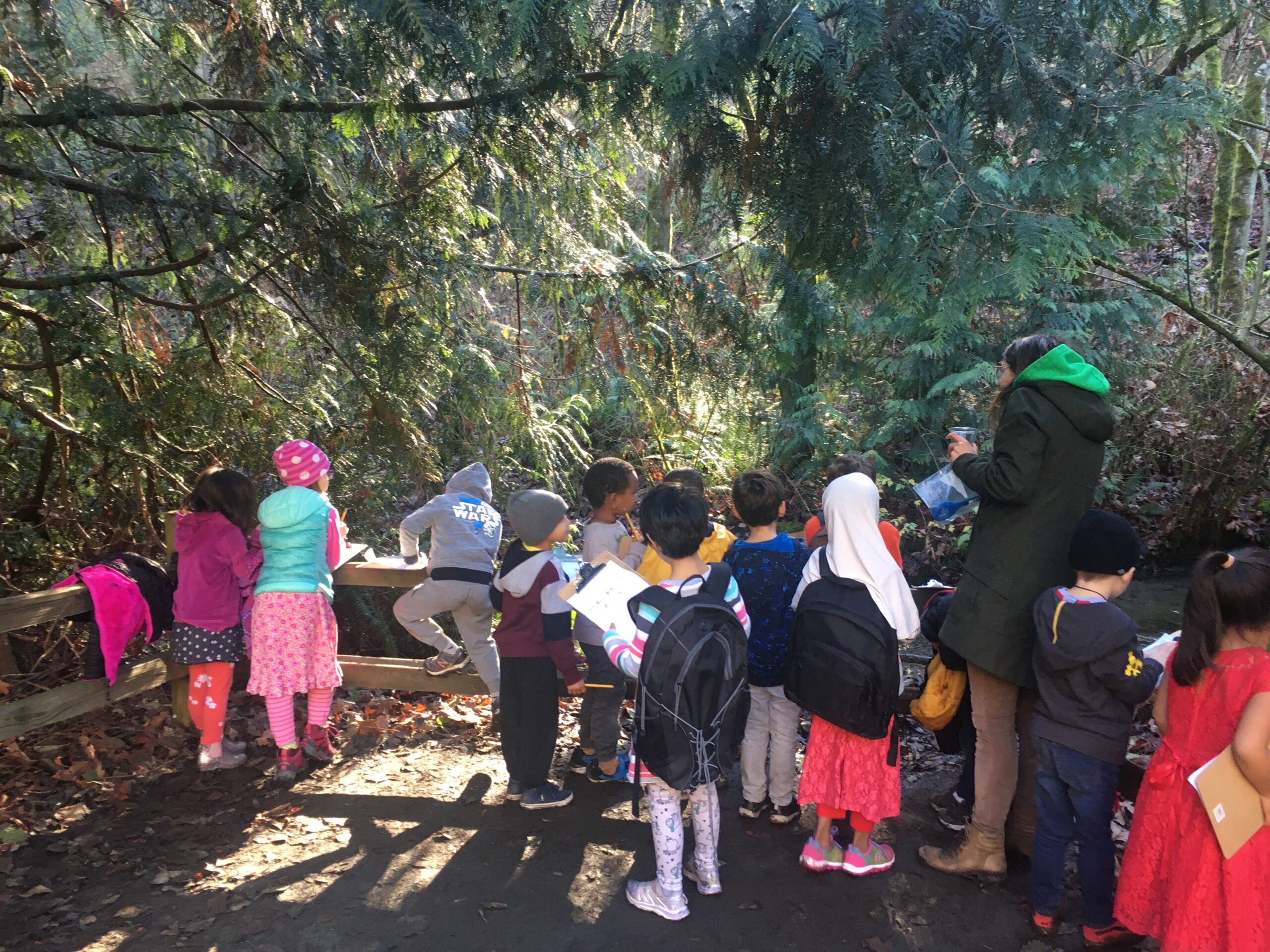IIn broad terms, the need for local civic-community-professional collaboration for educational renewal arises from the limitations of external efforts to impel educational reform through policies and funding. While external governance has its place, schooling and education are also very local endeavors that must constantly adjust to the aspirations and priorities of students, their families and communities, as well as account for institutional inequalities that limit access and quality of education for oppressed groups. When reform efforts ignore or try to overpower local priorities and differences, implementation is, at best, tenuous, and often lasts only until the next issue or group takes the spotlight. But with so many competing local needs, it is often difficult to focus collective attention on young people’s learning, much less to reach agreement on whose needs are centered, what is needed, and how to take action toward improvement.








